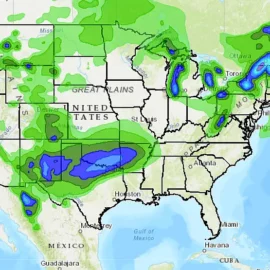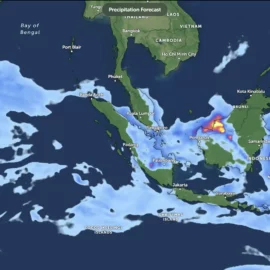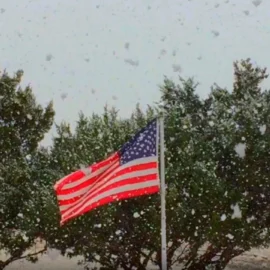
Astronomical calendar for June 2024.
An astronomical calendar is a special calendar that contains information about various astronomical events occurring in the sky during a certain period of time.
What can be observed in June 2024:
Planets:
Venus: At the beginning of the month, it will be visible low on the horizon at dawn. By the end of June it will become visible in the evening. Best visibility in the southwest after sunset.
Mars: Will be visible all night in the constellation Taurus. Best observed in the first half of the night.
Jupiter: The largest planet in the solar system will be visible all night in the constellation Pisces. Located high in the sky, it is easy to find.
Saturn: The second ring of the solar system can be observed in the second half of the night in the constellation Capricorn. Visible low above the horizon, it is recommended to use a telescope.
Stars:
Summer Triangle: This is the most famous summer asterism, consisting of three bright stars: Vega, Deneb and Altair. It will be clearly visible all night. Located high in the sky, it is easy to find.
Ursa Major: This constellation is easily recognized by its bucket. It contains the North Star, which always points north. Located in the north, visible all year round.
Events:
June 3:Parade of the planets: On this day, Mercury, Venus, Mars, Jupiter and Saturn will be lined up in the sky. The best visibility will be at dawn.
June 10:Annular solar eclipse.
June 21:Summer Solstice and Full Moon: This is the longest day of the year for the Northern Hemisphere and the shortest day for the Southern Hemisphere. On this day the Sun will reach its highest point in the sky.
Other interesting phenomena:
Noctilucent clouds: These clouds are composed of ice crystals and can be seen high in the sky after sunset.
For more accurate information about the visibility of celestial objects in your area, we recommend using astronomy apps or websites such as Heavens Above or The Sky Live.
Remember to take weather conditions into account when planning your observations.
To observe deep space, it is recommended to travel outside the city where there is no light pollution.
Use binoculars or a telescope to view celestial objects in more detail.
I wish you pleasant and fascinating observations!
Founder and chief forecaster of the Pogodnik service. He has many years of experience in the meteorological service. He is the author of numerous scientific publications and popular articles about the weather.




